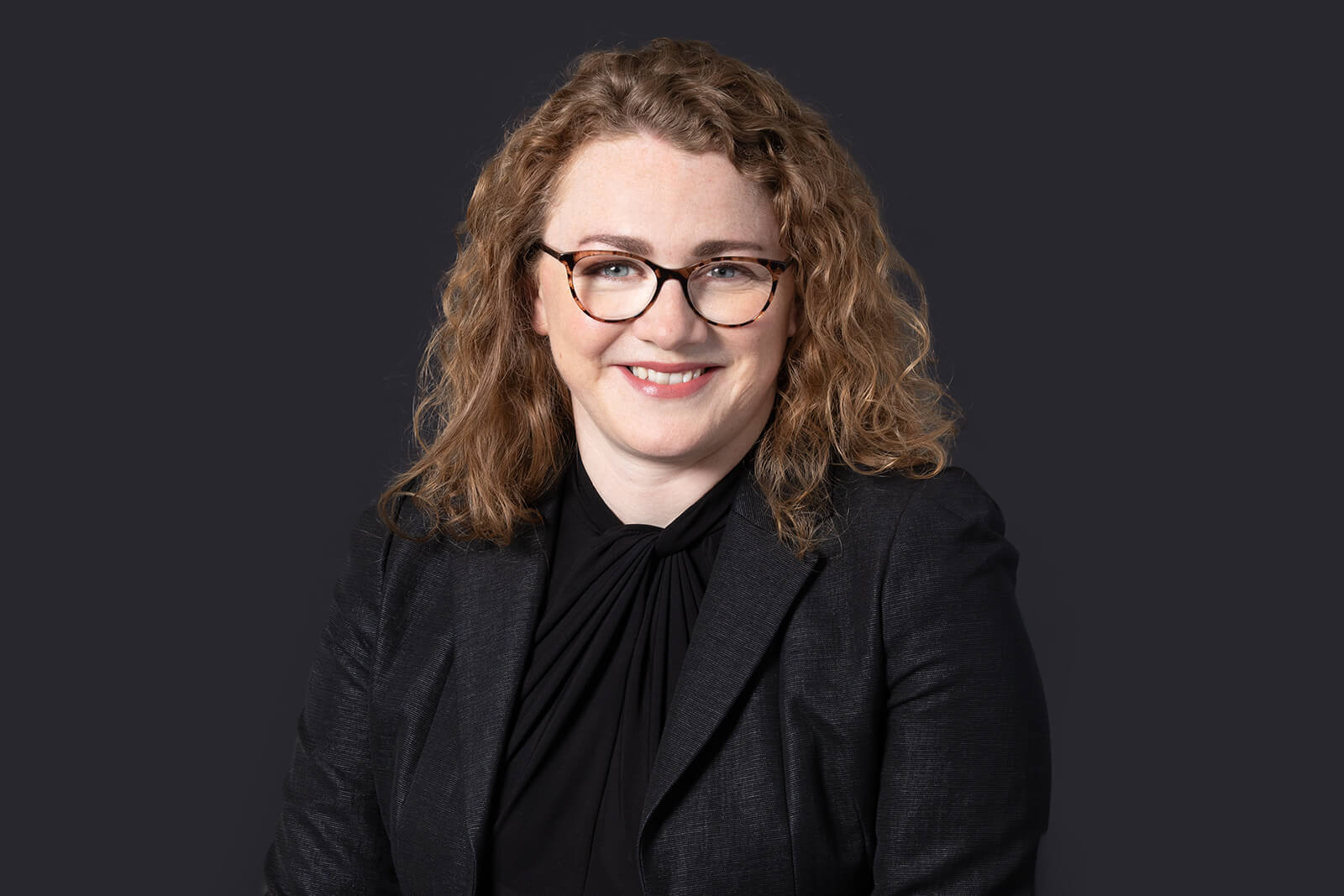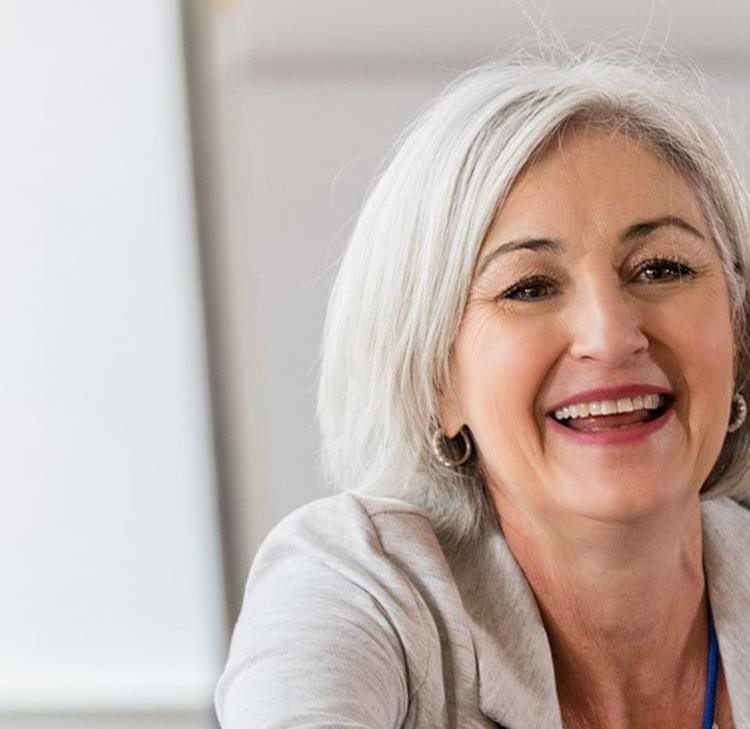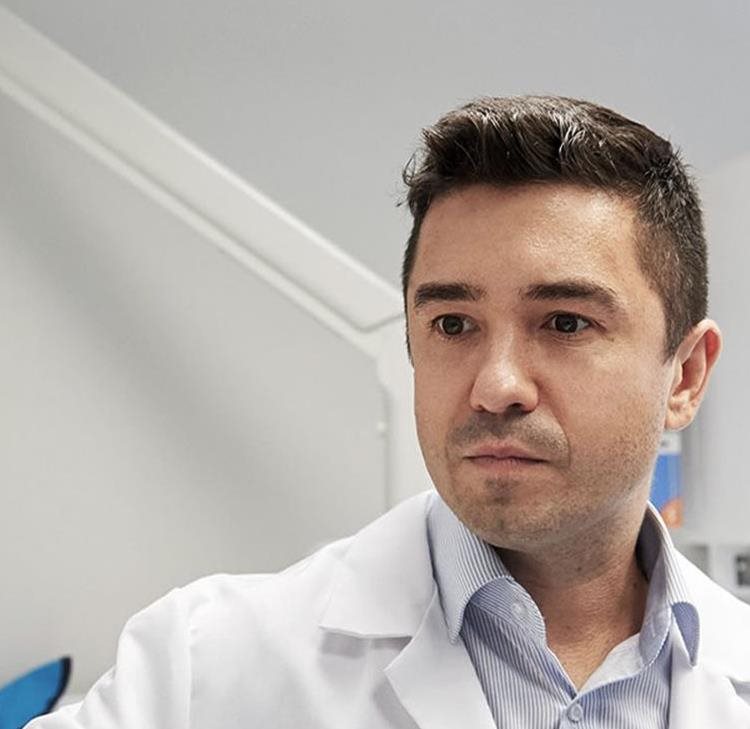Shared Insights: Safeguarding forum - chronic eating disorders
In this Shared Insights session we listen to unique perspective and learning outcomes from dealing with eating disorder patients.
Each speaker provided their unique perspective and learning outcomes from dealing with eating disorder patients.
Catherine Flannery, Associate at Browne Jacobson outlined what is required from a legal perspective for a successful application to the Court of Protection (CoP).
Claire Noble, Case Manager in the Mental Health, Learning Disabilities, Autism & CAMHS Commissioning Team for NHS Lincolnshire Clinical Commissioning Group spoke about challenges faced by CCGs and set out some practical learning points.
Majella Wright, a Specialist Nurse Practitioner at St Barnabas Hospice, an independent charity providing care for people living with life limiting illnesses, offered insights from her work with patients who have reached the terminal phase of their illness and their families.
Lisa Newboult, Named Professional in Safeguarding Adults and Mental Capacity Act at United Lincolnshire Hospitals NHS Trust spoke about the importance of having a Care Co-Ordinator.
The Shared Insights were:
Catherine Flannery explained that cases may require Judicial scrutiny and in preparation for a CoP application practical considerations include:
- A good initial witness statement which sets out the background, appends the relevant documents and best interest meeting minutes;
- Clear capacity evidence. In the case discussed an independent expert was instructed to complete the capacity assessment and to ensure all avenues had been considered by the parties;
- A robust care plan setting out the ceiling of care and any additional care to be provided for other conditions
- An explanation of the urgency; and
- Collaboration with other interested parties.
Catherine also set out when you might need to involve the CoP and points to consider with eating disorder patients:
- You can use the Mental Health Act (MHA) but the organisation needs to be registered with the CQC to accept detained patients.
- You need the right support - someone with specialist experience in eating disorders.
- A memorandum of understanding between the acute and mental health Trusts allows MH input and appropriate escalation at the earliest possible stage.
- Consider whether the person has capacity. If not, consider making an application to CoP.
Claire Noble shared some of the challenges that CCGs face during cases where they are not directly involved in care delivery.
- The case manager role lacks a therapeutic relationship with the patient
- A care package may already be in place before the CCG is involved
- There may be challenges balancing the patient’s evolving needs, a court order, a care plan and the CCG’s responsibilities under s117
- Claire highlighted the importance of collaborative working across organisations
Claire’s learning points were:
- Identify a care co-ordinator early on so that they can assist from the beginning; and
- Identify a minute taker prior to each meeting so detailed records can be kept, and the responsibility for minuting shared across organisations.
Lisa Newboult explained the importance of:
- Having a care co-ordinator who can:
- Organise
- Be a central point of contact
- Get in touch with the right people
- Make sure meetings were minuted in detail
- Considering having patients and family present at Best Interest meetings so they are engaged in the process
- Collaborative working
Majella Wright spoke movingly about her personal experiences and highlighted the challenges for the palliative care service in dealing with an eating disorder patient. These included:
- A need for guidance on the implications of looking after someone with a Court Order and the challenges of looking after someone with an eating disorder potentially approaching end of life.
- Engagement of the wider Hospice team – have meetings with the medical director and senior nursing teams to highlight patient’s particular circumstances.
- Acceptance of the need for palliative care - attend a clinic appointment to enable the patient and family to see the human side of palliative care and begin to establish a trusting relationship
Majella also set out guidance on:
Identifying patients who may need palliative care
Helpful indicators include general decline in function, unplanned hospital admissions, significant weight changes, persistent symptoms despite optimal treatments, dependence on carers due to increasing physical or mental issues, co-morbidities and the burden of illness increasing.
Focus of palliative care
Based on the needs of the person and the four pillars of wellbeing:
- the physical
- the psychological
- economical/social
- family and carer involvement
What do people want at end of life?
- Honesty
- Touch (physical, psychological and spiritual)
- Time
- Being treated as an individual, with dignity and respect
- Being without pain and other symptoms
- Being in familiar surroundings
- Being in the company of close family and/or friends
Majella’s learning points were:
- As a health care professional, be yourself and be present;
- Value collaborative working and MDT approach; and
- Remember their lives, not their deaths.
Research tells us there is one chance to get it right. The Five Priorities of care to be adhered to are:
- Recognition
- Sensitive Communication
- Involve the person and the family/carer in treatment decisions
- Support the patient and the family
- Individual plan of care
Speaker

Catherine Flannery
Senior Associate
Shared Insights
Our fortnightly online NHS forum for industry professionals.
Contacts

Damian Whitlam
Partner
damian.whitlam@brownejacobson.com
+44 (0)330 045 2332

Nicola Evans
Partner
Nicola.Evans@brownejacobson.com
+44 (0)330 045 2962








































